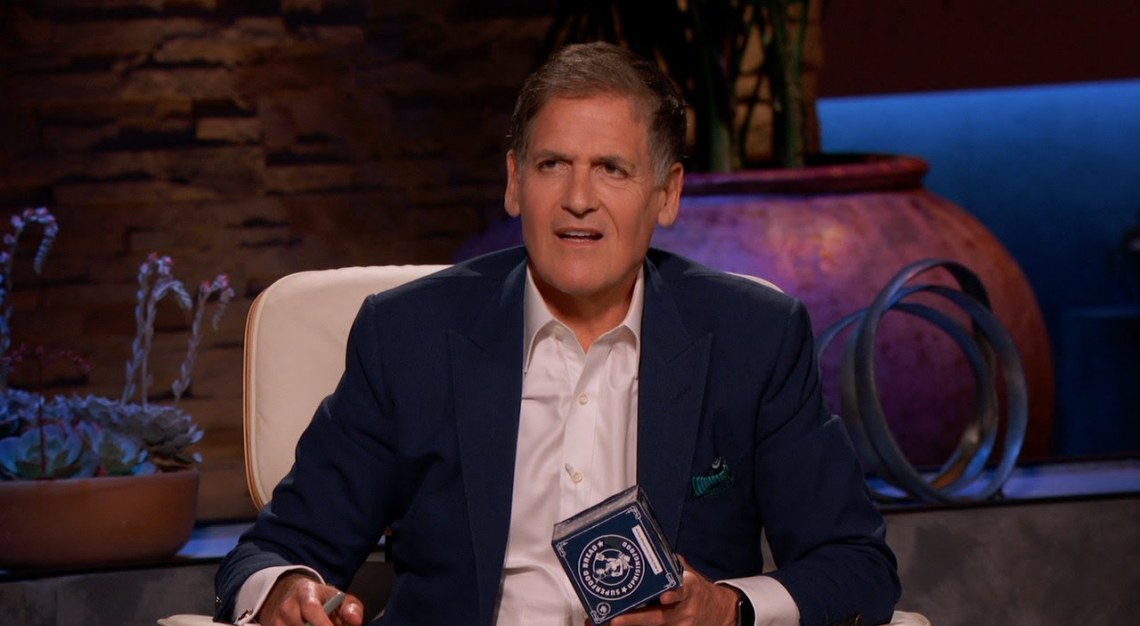Many contestants don’t end up with the deal they had agreed to on TV
For many founders, winning on Shark Tank is a dream come true. But after the cameras stop rolling and the studio lights go dark, reality starts to set in—and it’s not always so peachy.
After appearing on the TV show, winners often find that the terms of the deal they struck on camera can change significantly, The Washington Post noted in a new report. Sometimes the promised arrangement never materialises at all.
“The exposure is just like a launching pad,” Aaron Krause, the CEO of Scrub Daddy and a former contestant, told the Post. “It could get you tossed right off the boat or it could launch you to the moon. It’s kind of how you deal with it.”
Krause said that after he appeared on Shark Tank in 2012, aspects of the agreement he struck with the shark Lori Greiner changed. He wouldn’t share specifics, but he did emphasise that the deal shown on TV wasn’t what he ended up with. In the end, though, Scrub Daddy became a success: The company had $670 million in retail sales over 10 years, Krause said in an interview with the show.
Other relationships formed via the competition show are more tenuous, however. A Forbes survey of 112 past contestants found that half of the deals made in Seasons eight through 13 didn’t work out. And some have even led to legal disputes: The shark Daymond John filed a lawsuit against the former contestant Al “Bubba” Baker, the founder of Bubba Q’s Boneless Baby Back Ribs, and his family. John has also issued a restraining order against them.
ABC declined to comment to The Washington Post, while Sony and MGM didn’t immediately respond to the paper’s requests for comment. But Mark Cuban, one of the show’s most notable sharks, described the process of what happens after an on-air deal is made. One of the next steps is due diligence, which is where certain facts can come to light that might derail an arrangement. A business might have a large amount of debt, or parts of the pitch may have been untrue. While Cuban said he doesn’t try to change much unless something comes up in due diligence, he noted that “each shark does things their own way.”
So if you’ve been mulling over your next million-dollar idea, you better keep that in mind if you end up in front of the sharks. Otherwise you might just become fish food.
This article was first published on Robb Report USA






